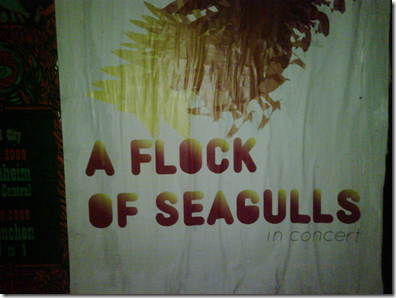I’ve tried this metaphor on several client calls recently, so let me inflict it on you too.
Cactus
via Flickr, the cc licence of Rodolfo Cartas thanks.
In this architecture, everything is from one vendor, and integration with third party applications is rather difficult. Typical ERP /HRMS pitch of the mid-nineties. Why do you need other software? We can do everything.
Sunflower
via Flickr, the cc licence of C.S. 2.0 Thanks
Big core system, running most of the processes, with a series of smaller, tactical solutions interfaced around the edges. Typical HR IT architecture of many ERP-Centric organizations today. ERP runs the core transactions, with bits of SaaS tacked on around on the edges.
Daisy
via Flickr, the cc licence of law_keven Thanks
Small core system on premise, but most of the action takes place in the systems around the edges. Increasingly common as SaaS vendors continue to deliver richer functionality. Some challenges with integration, as there are many applications trying to connect to the core.
Rose
via Flickr, the cc licence of Gertrud K. Thanks
No significant core system, SaaS petals dominate. Still very rare, but we expect to see more of these, challenging the traditional core and peripheral model.
What sort of flower does your architecture represent?








